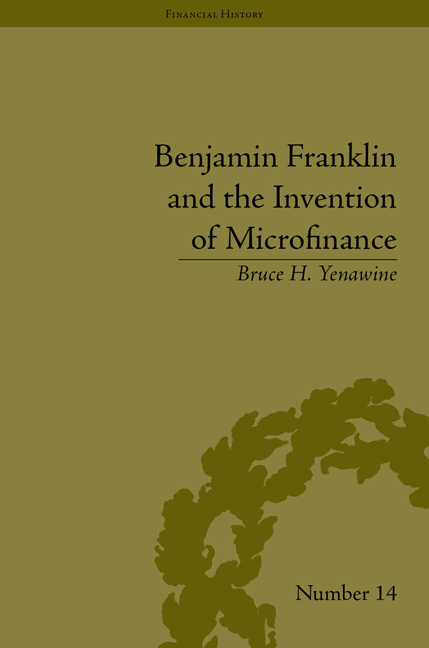Book contents
- Frontmatter
- CONTENTS
- Acknowledgements
- Biography of Bruce Yenawine
- Introduction
- 1 Franklin's Intent: The Autobiographical Origins of the Codicil
- 2 Franklin's Intent: The Sources of Political and Economic Concepts
- 3 Boston: The First Century
- 4 Philadelphia: The First Century
- 5 The Centennial in Boston and Philadelphia
- 6 Boston: The Second Century
- 7 Philadelphia: The Second Century
- 8 Bicentennial: Boston and Philadelphia
- Conclusion: Virtues in Conflict
- Appendix A Transcription of the 1789 Codicil
- Appendix B Boston Artisan List
- Appendix C Philadelphia Artisan List
- Appendix D Summary of Litigation and State Laws
- Appendix E Chronology
- Appendix F Franklin's Calculation and Actual Value
- Notes
- Works Cited
- Index
5 - The Centennial in Boston and Philadelphia
- Frontmatter
- CONTENTS
- Acknowledgements
- Biography of Bruce Yenawine
- Introduction
- 1 Franklin's Intent: The Autobiographical Origins of the Codicil
- 2 Franklin's Intent: The Sources of Political and Economic Concepts
- 3 Boston: The First Century
- 4 Philadelphia: The First Century
- 5 The Centennial in Boston and Philadelphia
- 6 Boston: The Second Century
- 7 Philadelphia: The Second Century
- 8 Bicentennial: Boston and Philadelphia
- Conclusion: Virtues in Conflict
- Appendix A Transcription of the 1789 Codicil
- Appendix B Boston Artisan List
- Appendix C Philadelphia Artisan List
- Appendix D Summary of Litigation and State Laws
- Appendix E Chronology
- Appendix F Franklin's Calculation and Actual Value
- Notes
- Works Cited
- Index
Summary
Just as the two cities were poised, according to Benjamin Franklin's wishes, to reflect on the virtues of frugality and industry demonstrated by one hundred years of municipal stewardship, the nation debated the impact of industrial capitalism on labour and the public welfare. Reform politicians, advocates of the Social Gospel, labour leaders, philanthropists and other urban progressives launched a rhetorical and practical challenge to government-created corporate monopolies, wanton materialism, systems of human exploitation and moral depredation. They articulated the contrast between ‘identity of interest’, a view held by most capitalists, and ‘conflict of interest’, a view held by most labourers. Also at issue was the relative permanence of economic and social stratification by class in America, calling into question the viability of individuals moving ‘upward’ in power, status and wealth.
Significantly, the tortuous debate and conflict of opinion in the 1890s regarding the vitality of American democracy and the need for broad economic and political enfranchisement required consideration of the relationship among factors of power, liberty, labour and capital. The sustenance of a progressive dynamic of these factors was central to Franklin's message to posterity in creating the revolving loan funds in Boston and Philadelphia to support individual efforts of the artisans to establish economic strength and independence. In 1894, Washington Gladden, Massachusetts clergyman and Social Gospel reformer, echoed Franklin's optimistic prescription for a prosperous and free industrialized America in the following passage from Working People and their Employers:
- Type
- Chapter
- Information
- Benjamin Franklin and the Invention of Microfinance , pp. 73 - 96Publisher: Pickering & ChattoFirst published in: 2014



